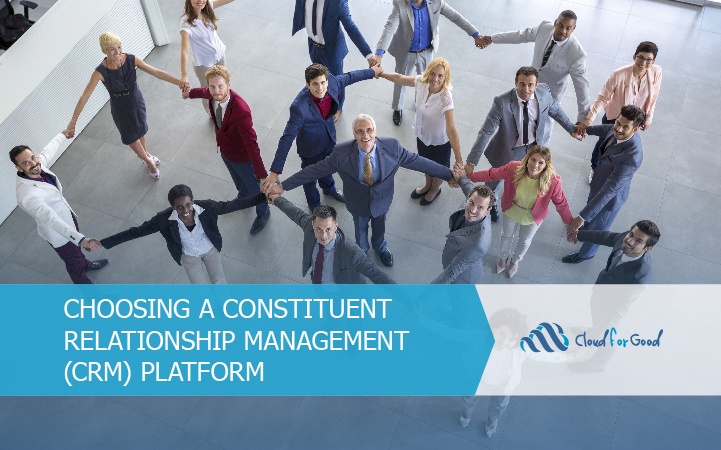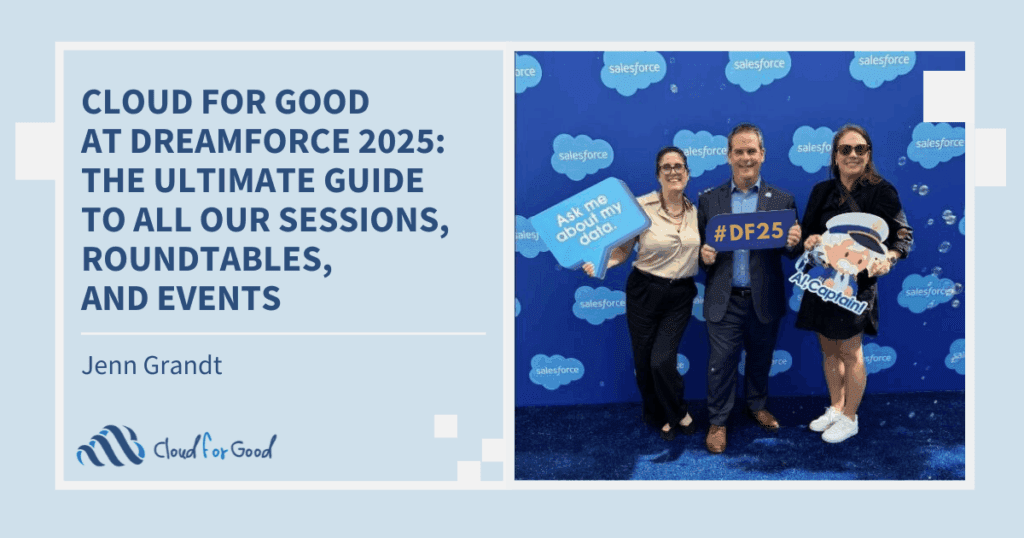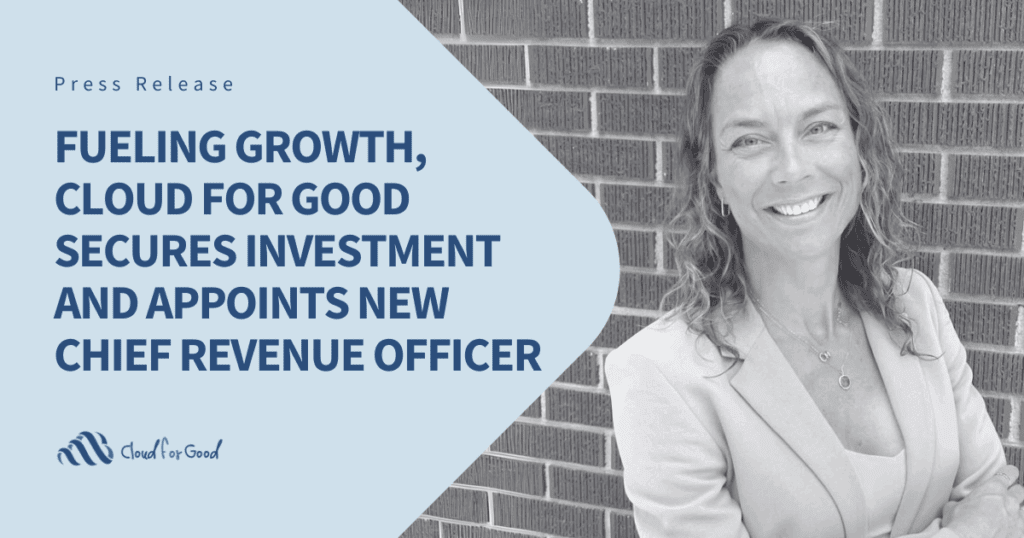You are finally forced to admit it: it’s time for a change. You need a new constituent relationship management (CRM) platform. No one likes change, but don’t worry – this is a good kind of change! Choosing a new CRM is going to make things better as your organization continues to grow. Your hard work has paid off and you’ve outgrown the life of your current spreadsheets and/or disconnected systems. You have decided it’s time to start looking into stronger solutions to optimize your processes and better understand your constituents.
This is an exciting process, so let’s get started!
Make Sure Your Organization is Ready
This is a big step for your organization so you want to make sure you’re ready. Take a second to ask yourself these questions:
- Is making a phone call or yelling down the hallway asking if someone is still in the “Development Worksheet” a common occurrence in your work life?
- Are you spending time pulling information from different sources and then spending more time consolidating it into one report, just for all that information to change and become nearly obsolete in a few days?
- Do you need increased accountability for actions and data entry happening within the organization?
- Would you like to know more about your constituents, with easily accessible information?
- Do accurate and real-time reports sound like an unachievable dream?
- Are you wasting time double-entering information into different and disconnected systems?
- Are you missing a 365-degree view of what’s happening with your constituents?
- Would you like to automate simple processes to save time and resources?
- Would you like to track ROI for your marketing efforts?
- Are you convinced there has to be a solution that can solve the majority of these problem?
If you’ve answered yes to any of these questions (especially that last one), a new CRM could be the right solution for you.
Determine Your Budget
Unfortunately, when it comes to technology, there is always a cost so it’s important to understand what your price point is. If you already know the expense to streamline your information into a consolidated CRM is the right decision, then the biggest question is: how much can you afford to pay for that solution? There are a couple of things to take into consideration:
- Do you have internal IT staff available to support the new technology?
- Would you prefer for your CRM to be in the cloud or exist as a hosted service?
- How many people would be utilizing this new software?
- Are there other technology systems you would need to integrate with your new system?
These are just a few questions to ask yourself when determining your price point. We all live in a world that requires balancing budgets and expenses. When it comes to choosing a CRM, however, price should not be the most important factor. Remember, this is the tool within which everyone across your organization is going to conduct business. Be sure to consider not just the short-term cost but also the long-term benefit of operating within a CRM that allows for sustainability, automation, vendor strength, community support, and, most importantly, flexibility. Your business needs are unique and you’ll want to select a CRM that meets your needs as closely as possible.
Know the Way You Operate
It is critical to understand how your organization operates internally, especially when it comes to technology. Start by speaking with your staff and making sure your impression of how things are accomplished within your IT team is actually reality. Seek input on how other team members think a new CRM would help them increase their performance. Find out if they have any recommendations for key features of the CRM that could benefit the organization as a whole. It’s important to make them feel a part of the process since they will be using the new solution in their day-to-day work. This is why it’s important to take all angles into consideration. Your new CRM will need to support any regulatory requirements such as HIPPA. Also, it’s important to know your goals and key metrics so they can be translated into your CRM. Remember: it’s ok to dream a little and think of additional metrics and/or key performance indicators you would love to know and analyze.
Explore What’s Out There
When you’re looking for a CRM, do your due diligence and plenty of research. This is not a small undertaking. A decision of this magnitude can and should change the way you do business for the better. There are plenty of CRM solutions out there but it’s important to the find the one that’s best for your business. Check social networks such as LinkedIn, learn about the CEO and how many employees the company has. Consider the growth of the company. Read unbiased news articles to learn what people are saying about the company. Hop on YouTube and watch a couple videos to help you learn more about functionality and note the amount of resource videos available to you. You can’t do too much research while trying to decide which CRM is right for you. If you are still not sure which CRM to choose, contact the team at Cloud for Good to help you create transformational value with Salesforce.
You might also enjoy reading:





